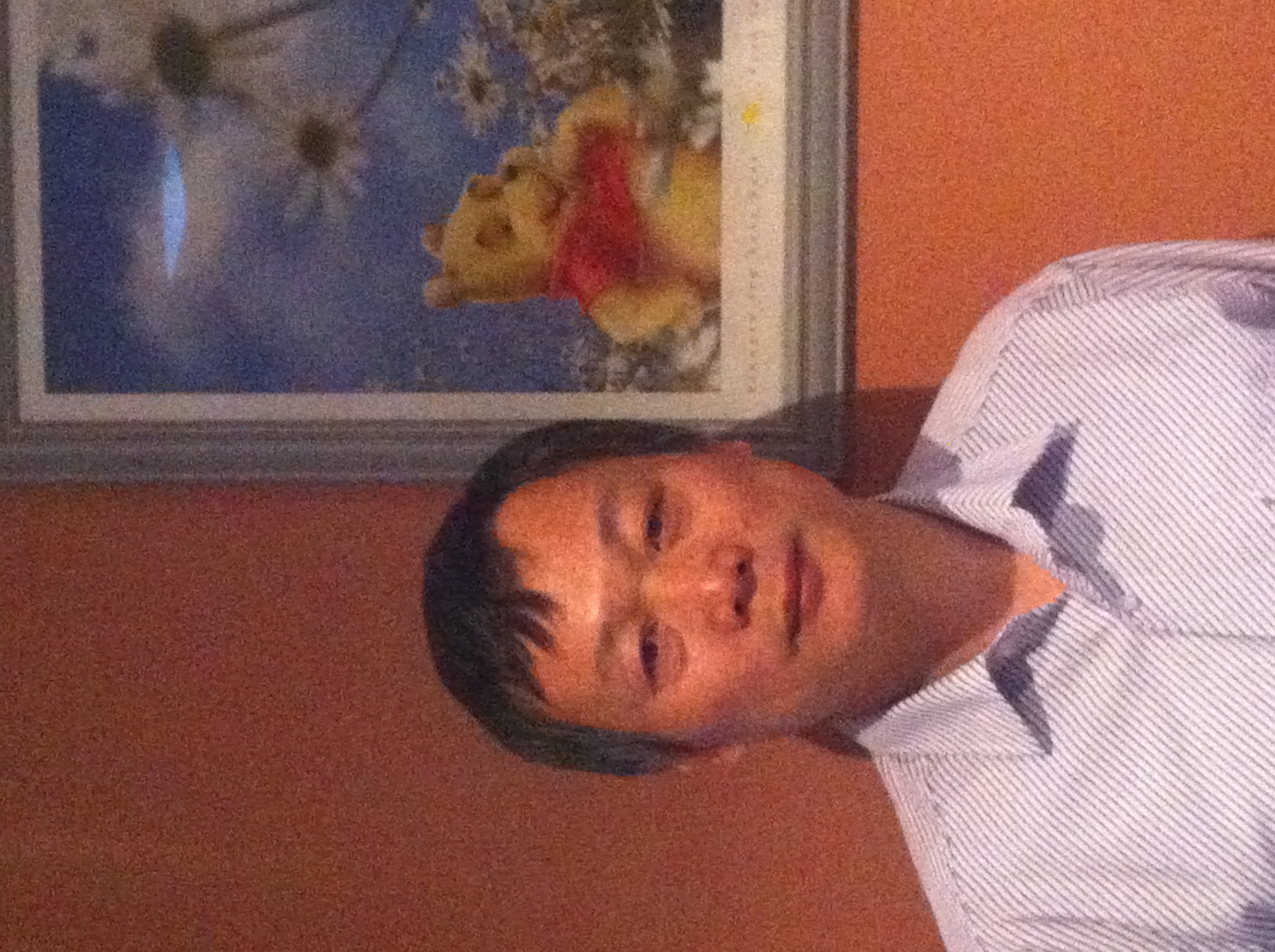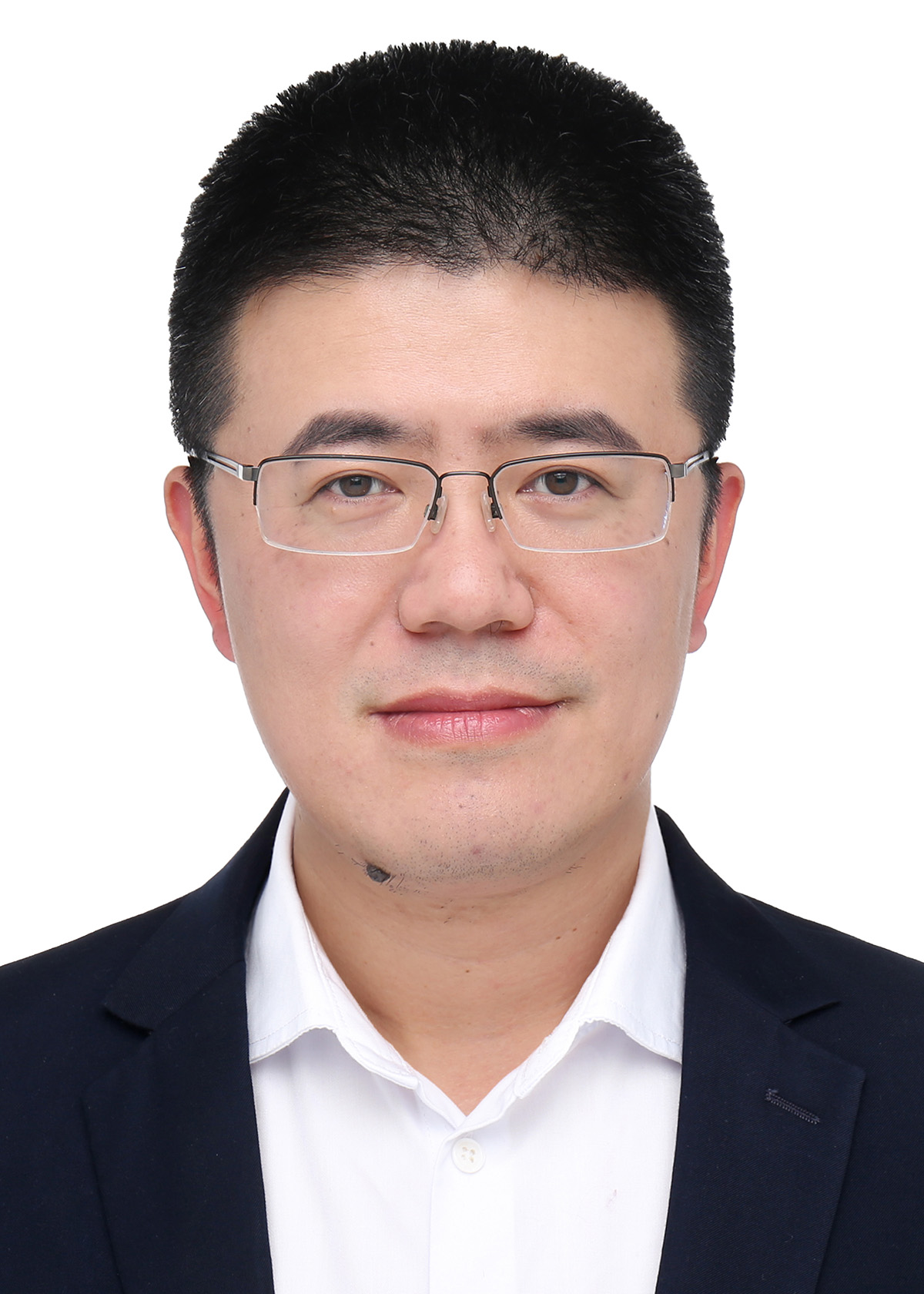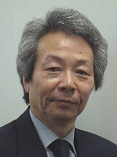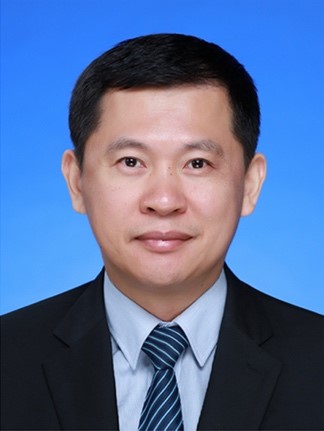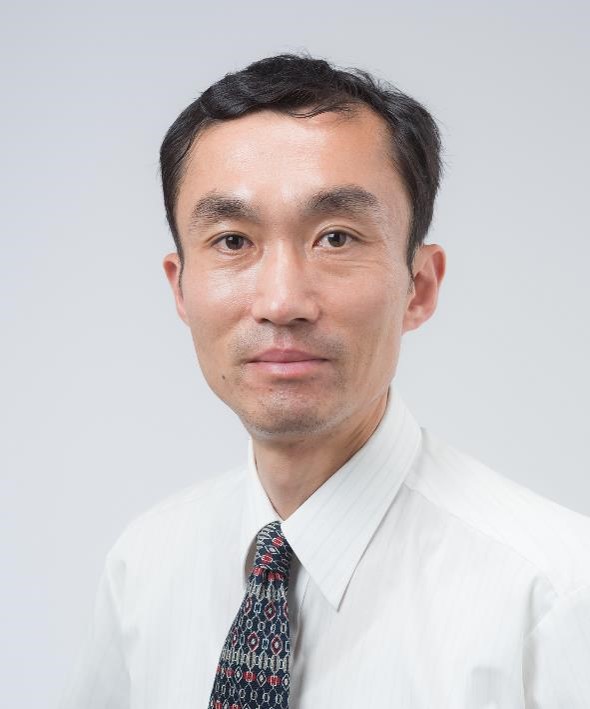Keynote Speakers
TBA......
Invited Speakers
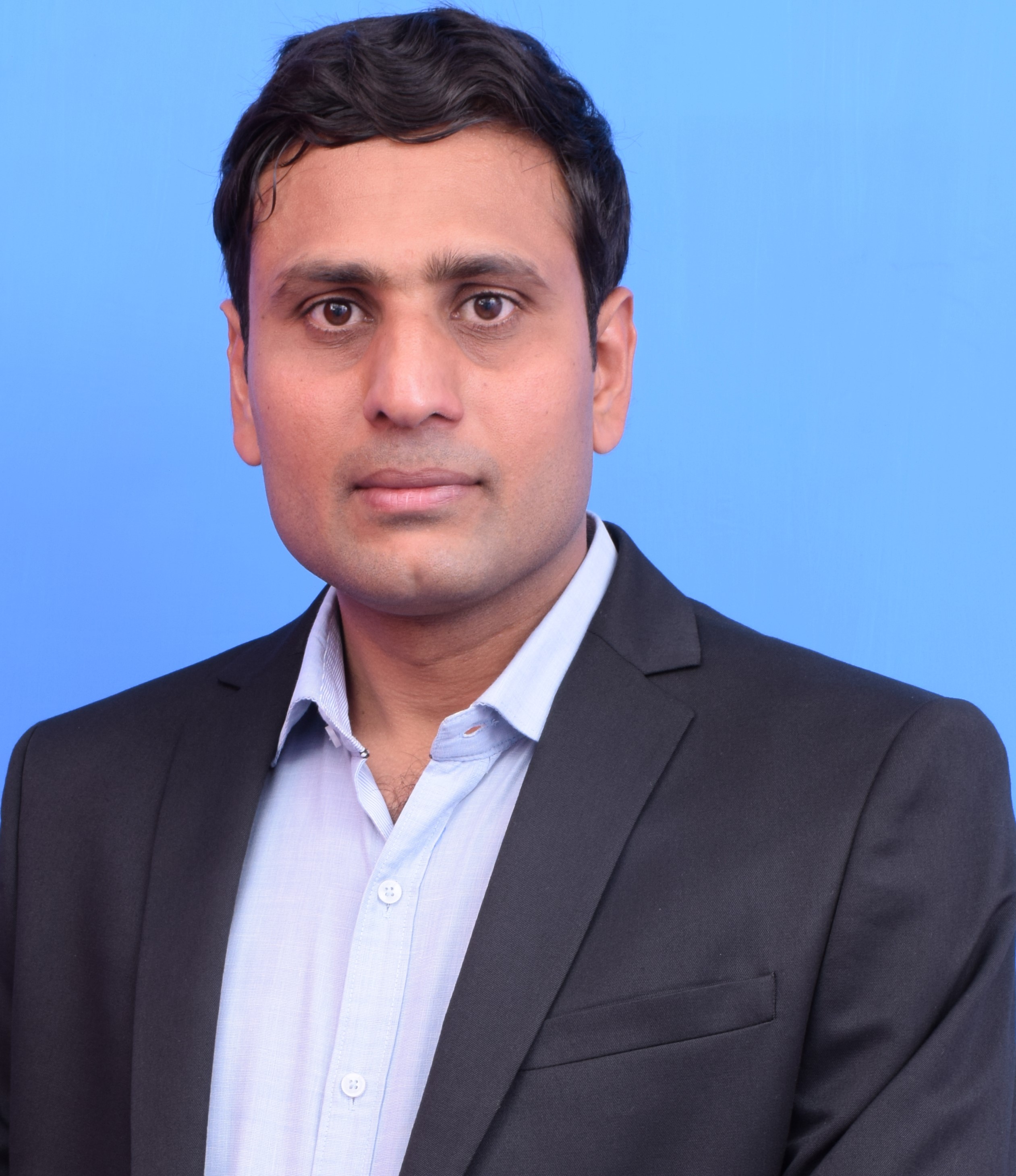
Dr.
Judhistir Mahapatro
National
Institute of Technology (NIT) Rourkela,
India
Biography: Judhistir Mahapatro is an
Assistant Professor (Grade-I) in the
Department of Computer Science and
Engineering at the National Institute of
Technology (NIT) Rourkela, India. He
received his Ph.D. degree from the Indian
Institute of Technology (IIT) Kharagpur in
2015. He earned his M.Tech. and B.Tech.
degrees in Computer Science and Engineering
from NIT Hamirpur and Jawaharlal Nehru
Technological University, Hyderabad, in 2009
and 2006, respectively.
Before joining
NIT Rourkela, he served as an Assistant
Professor at NIT Delhi and NIT Uttarakhand.
He has over 10 years of teaching experience.
At NIT Uttarakhand, he also held the
position of Head of the Department for over
a year.
Under his supervision, three
Ph.D. scholars have graduated, and five more
are currently pursuing their research. He
has published over 30 research papers in
reputed peer-reviewed journals and
conference proceedings. He received the Best
Paper Award at IEEE IEMTRONICS 2021, held in
Toronto, Canada.
He was the Convenor and
Organizing Secretary of the Fourth Edition
of ICADCML 2023. He also served as a Session
Chair at the 12th International Conference
on Intelligent Systems and Embedded Design
(ISED 2024), as well as at the 2024 IEEE
Students Conference on Engineering and
Systems (SCES-2024). He has served as a
Technical Program Committee (TPC) member for
several prestigious conferences, including
IEEE ICC (2021–2024), ICIoT 2024, and ICINT
2024. He is also a member of the IEEE.
His current research interests include the
design and development of protocols for
Wireless Networks, Vehicular Ad Hoc Networks
(VANETs), Wireless Body Area Networks,
Heterogeneous Networks, and the Internet of
Things (IoT).
Keynote Speaker Gallery of past ICINTs
|
|
|
Prof. Rajkumar Buyya |
Prof. Jiankun Hu
|
Prof. Jiong Jin World Top 2% Scientists for Citation Impact since 2019 of Stanford University’s List |
|
|
|
Prof. Koichi Asatani |
Prof. Wei Xiang |
Prof. Kanta Matsuura |


